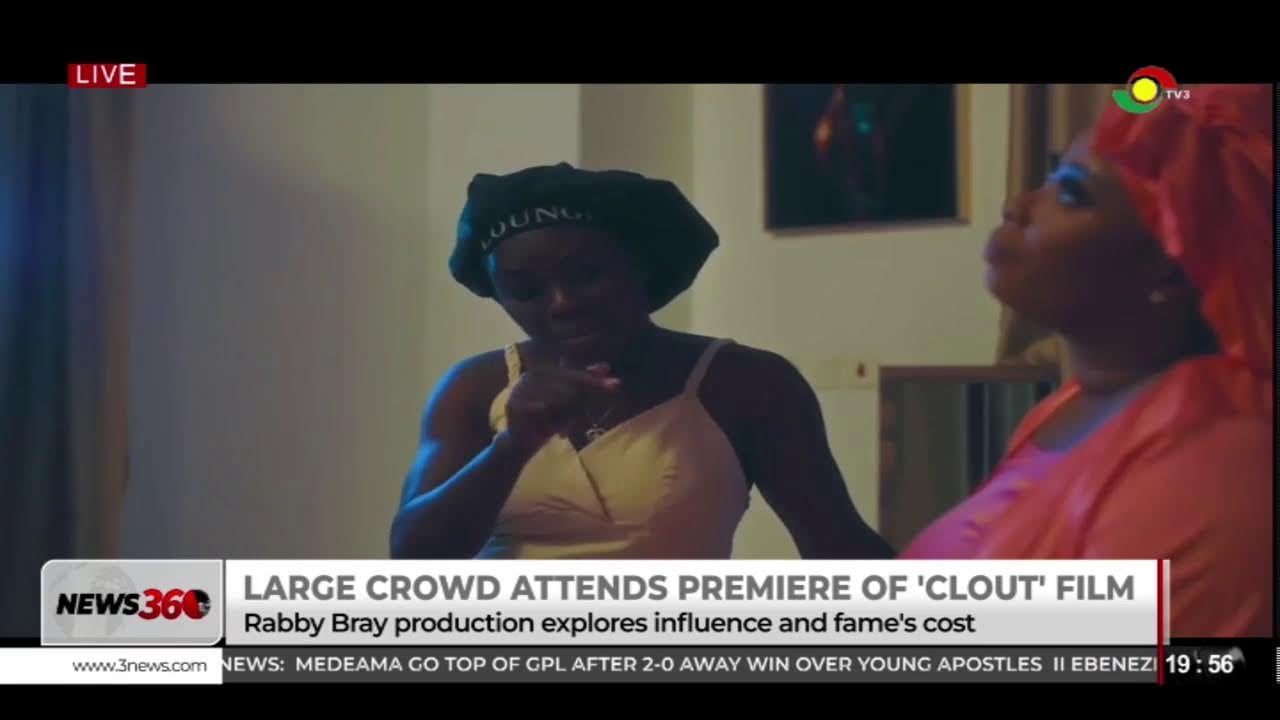
“He who builds prisons must make them nice because one day he might find himself there.” – African proverb
One of the greatest freedoms we enjoy as human beings is that of choice. History tells us that countless wars, revolutions, and social movements were fuelled by the desire to choose one’s own path; whether in governance, religion, lifestyle, or love. The power to decide is central to what it means to be human.
Yet, strangely, many of the choices we make, the ones which we believe should make us truly free, end up becoming attachments that enslave us. This irony lies at the intersection of psychology and human behaviour: what begins as free choice often transforms into unhealthy attachment, driven by the glamour of what initially attracted us.
From our personal experiences, we know the act of choosing gives us a sense of autonomy and empowerment. Having the freedom and the ability to choose validates our sense of independence and personal identities. What we often overlook is whether our choices are equal and truly free.
Modern life bombards us with an overwhelming array of options. From careers to lifestyles to the technologies we use, and to our relationships and possessions. And even within these categories, the options are so varied, we are often we become vulnerable external influences such as marketing, social media, and or cultural pressures.
One of the notions that influences how we choose is glamour. It is a subtle notion, yet so powerful, it seduces the mind, cloaking ordinary things with extraordinary appeal. And so while many of us do not realise its seduction, advertisers, influencers, and social systems know this well, they use it to frame objects, lifestyles, or identities as symbols of success, beauty, or happiness for us to make our choices from.
What this means is that, the things we are attracted to, more often than are not just about natural desires. In all honesty, they have been engineered to grab our attention. Just look at the everyday options that surrounds us: what to wear, what to buy, whom to love, what career to pursue, and how to spend our times.
On the surface, these options feel empowering. But often, we are not simply choosing freely, we are responding to glamour. Advertisers, social media, and cultural expectations make things look irresistible, convincing us that the options at hand will make us happy, complete, or admired.
Interestingly, where our attention goes, our energies flow. Thus, the glamour triggers a reward system, it is a particularly dopamine release, which reinforces the behaviour of wanting and acquiring.
This attraction makes us believe that what we are ‘choosing’ will complete us or elevate our status. And once we choose, the story rarely ends there. That choice can turn into an attachment; something we cling to, something we fear losing, and or something that quietly controls us.
This does not mean having an attachment to our choices is a bad thing. No. Attachment is a universal human experience. We all have tasted bits of it in our relationships, with objects, routines, beliefs, and even identities. On one level, attachment can give us stability, comfort, and meaning. However, when it becomes rigid and unhealthy, attachment turns into a trap, one that makes us resist change. It can make us cling to what no longer serves us, and live under the shadow of fear.
It is the unhealthy attachments that have made many of us silent victims of our choices. We remain in toxic relationships out of fear of being alone. We cling to material possessions to fill emotional voids. And we hold on to childhood identities or outdated roles because redefining ourselves feels terrifying.
Sadly, some societal norms helps to reinforce being trapped in our choices. For example being single as an adult is frowned upon, so much so that, it makes detaching oneself from a toxic relationship seem unnatural or even irresponsible. But this cultural narrative keeps many trapped, unable to embrace change or resilience in the face of uncertainty.
We will never stop making choices. And we will never get all of them right. When we get them wrong, they rob us of our freedom. That is why it is important for us to regularly review our choices and strive to appreciate the ones that are hampering our freedoms, so that we can make new choices the options that are now available. We should never cling to any illusion of permanence in any situation.
Everything changes and everything can be changed. It is just a matter of not letting a choice you made in the past keep you trapped. The natural flow of life is like a river, even when you step in the same place, it is not the same water, you are stepping into. So, never let your choices entrap you…
The post The Attitude Lounge with Kodwo Brumpon: The Trap of Choosing appeared first on The Business & Financial Times.
Read Full Story












Facebook
Twitter
Pinterest
Instagram
Google+
YouTube
LinkedIn
RSS